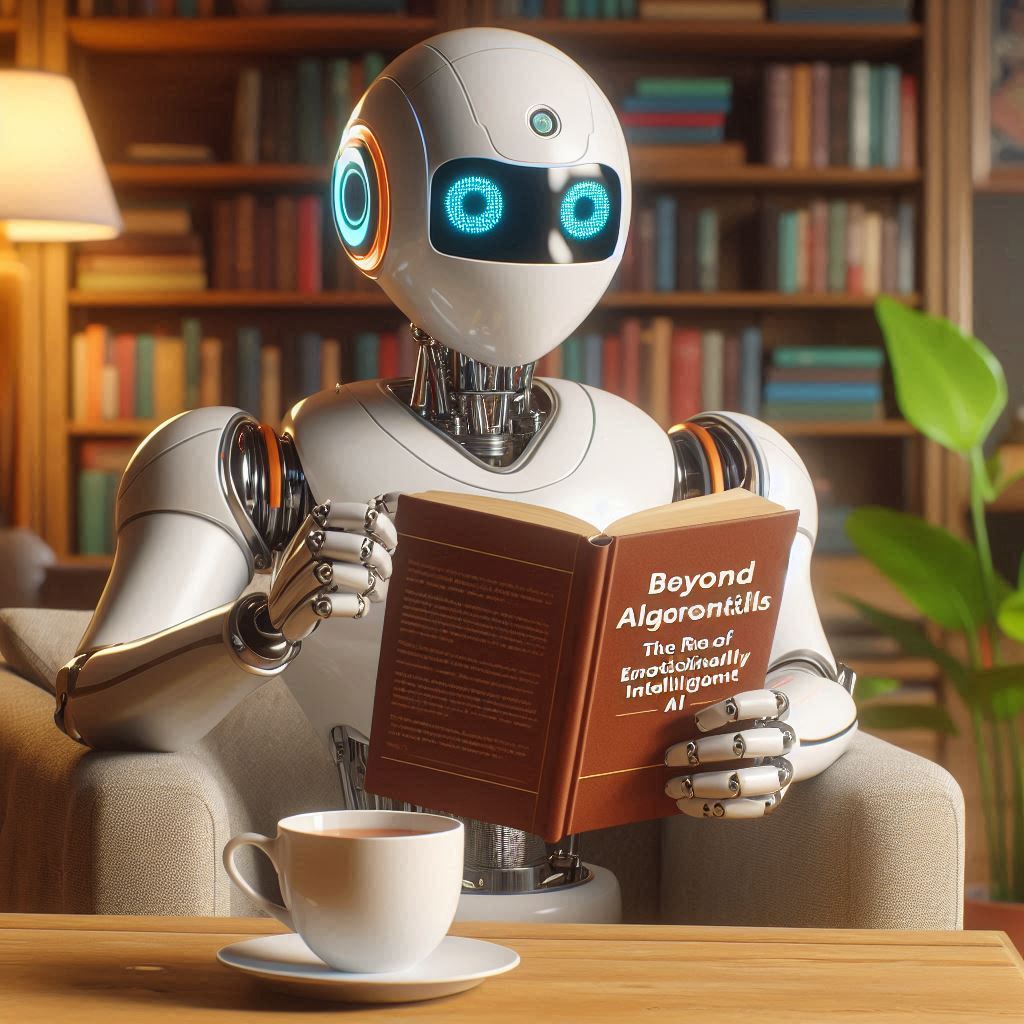In a world where even your toaster might have feelings, it’s clear we’re stepping into a new age of technology. Welcome to the era of emotionally intelligent AI! Yes, you heard that right. We’re not just talking about robots that can recite Shakespeare or solve your math problems; we’re diving into machines that can actually understand how you feel. Talk about a plot twist!
What is Emotionally Intelligent AI?
So, what exactly is this emotionally intelligent AI? Imagine having a virtual assistant that not only schedules your meetings but also knows when you need a break after that intense Zoom call. It’s like having a friend who says, “Hey, maybe put down that coffee and take a walk. You look like you’ve been through a battle of wits!”
These AI systems can analyze your tone, facial expressions, and even body language to gauge your emotional state. Think of it as the ultimate mood ring—except it won’t turn brown when you’re stressed out!
Why Does It Matter?
You might wonder, “Why do we need robots that can cry at sad movies?” Well, when AI can understand emotions, it opens up a world of possibilities. From improving mental health support to creating better customer service experiences, the applications are endless.
For instance, imagine calling customer support and having a friendly AI recognize your frustration. Instead of the typical “Your call is very important to us,” it might say, “Wow, sounds like you’ve had a rough day! Let’s sort this out together.” Now, that’s a service I’d be willing to wait on hold for!
The Science Behind It
At the heart of emotionally intelligent AI is something called affective computing. This fancy term involves programming machines to recognize human emotions and respond appropriately. It’s like teaching a dog new tricks, but instead, it’s your computer learning how to fetch empathy.
Researchers use a mix of machine learning, natural language processing, and even some good old-fashioned psychology. It’s like mixing a cocktail of tech and tenderness—just don’t drink it, because, well, it’s still a computer!
Real-World Examples
We’re already seeing emotionally intelligent AI in action. Companies are developing chatbots that can provide mental health support. These bots can engage in conversations and even suggest coping strategies based on your mood. Just think: no more awkward silences or trying to explain your feelings to a robot that’s staring blankly at you!
In education, AI tools are helping teachers understand how students are feeling about their lessons. If a student is struggling, the AI might suggest extra resources or activities to help them catch up. It’s like having a personalized tutor that’s always in tune with your emotions.
The Future Looks Bright (and a Bit Silly)
As we continue to develop these technologies, we might find ourselves in a world where AI can crack jokes, give heartfelt compliments, or even recognize when you need a hug. Imagine asking your AI to tell you a joke, and it responds with something so hilarious you snort your coffee. Now that’s a way to start the day!
Conclusion
In conclusion, the rise of emotionally intelligent AI is not just a technological advancement; it’s a step toward creating a more empathetic world. While we may not have robots doing stand-up comedy just yet, we’re on the path to machines that can genuinely connect with us.
So, next time your smart speaker asks how you’re feeling, remember: it might just be trying to plan a surprise party for you—or at least suggest a good playlist for your next emotional breakdown. And who wouldn’t want that?
Let’s embrace this new chapter with open arms and maybe a few laughs along the way. After all, who wouldn’t want a buddy that gets them? Just don’t let it borrow your favorite sweater—it might get too emotional!

